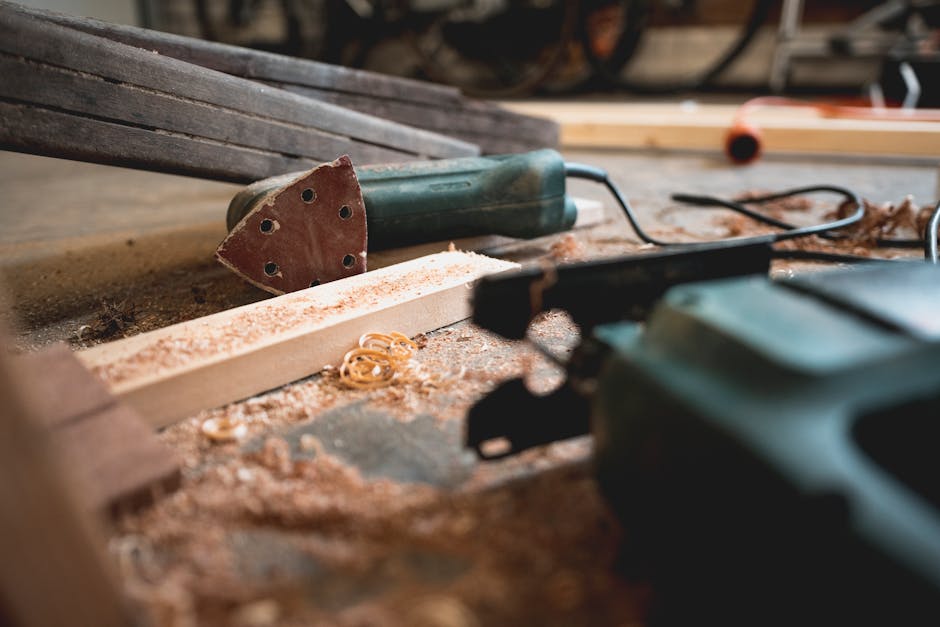
Traditional Woodworking Tools
Traditional Woodworking Tools
If you're a woodworking enthusiast, you may have heard of traditional woodworking tools. These tools have been used for centuries by artisans and craftsmen. Their simplicity and precision make them a valuable asset in any woodworking project.
Hand Tools
One of the key characteristics of traditional woodworking tools is that they are mostly hand tools. Unlike power tools, hand tools require manual effort and skill to operate. The use of hand tools allows woodworkers to have a more intimate connection with their craft, as they can feel the wood and control the shaping process with their own hands.
Some examples of traditional hand tools include:
- Handplanes: Used for flattening and smoothing wood surfaces.
- Chisels: Ideal for carving intricate designs and creating joints.
- Saws: Used for cutting wood in various shapes and sizes.
- Carving Knives: Essential for creating detailed carvings and sculptures.
Specialized Tools
In addition to hand tools, traditional woodworking also involves specialized tools that serve specific purposes.
For example:
- Bow Drills: Used for drilling holes in wood.
- Spokeshaves: Designed for shaping curved wood surfaces.
- Brace and Bit: Useful for drilling larger holes.
- Mitre Planes: Ideal for trimming and fitting joints at precise angles.
Benefits of Traditional Woodworking Tools
While power tools have revolutionized the woodworking industry, traditional woodworking tools still have their charm and advantages.
Some benefits of using traditional woodworking tools include:
- Enhanced Precision: Traditional tools require more focus and attention to detail, resulting in more precise cuts and joints.
- Quiet and Tranquil Environment: Operating hand tools produces less noise and creates a calm working atmosphere.
- Artistic Expression: The use of hand tools allows for more artistic expression and a personal touch in woodworking projects.
- Craftsmanship: Traditional woodworking tools are often associated with fine craftsmanship and the preservation of traditional woodworking techniques.
In conclusion, traditional woodworking tools are an integral part of woodworking heritage. They offer a unique experience and allow woodworkers to create masterpieces with precision and artistry. Whether you are a beginner or a seasoned woodworker, incorporating traditional tools into your projects can greatly enhance the overall quality and satisfaction of your work.
